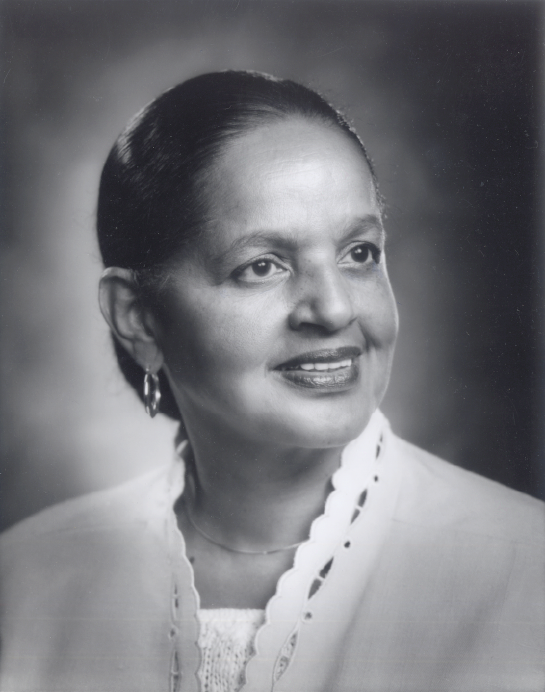
by Malcolm Suber
In 1991 Councilwoman Dorothy Mae Taylor introduced a bill to investigate discrimination by Mardi Gras Krewes that were allowed to parade in the streets of New Orleans. Ms. Taylor was a longtime civil rights activist and the first woman elected to the New Orleans city council. She held public hearings on the impact of racial discrimination by the old line krewes which were composed exclusively of racist ruling class men in the city of New Orleans.
This inquiry touched off a firestorm of protest by the ruling class and their sycophants. The racist rulers argued that the krewes were private clubs pursuing their freedom of association. They also argued that they were putting on a free show for the impoverished masses and were a benefit to the city as a whole.
Councilwoman Taylor would have none of that and forced the leaders of Comus, Rex, Momus and Proteus to admit that they only considered white males from among the elites of the city to become members of their organizations. She got them to admit that many business deals were consummated in their exclusive clubs thereby preventing otherwise qualified businesses owned by non-whites to get city business. The uptown rulers were not about to let this Black woman question their activity.
Coucilwoman Taylor had exposed the ugly side of Carnival in New Orleans. Her hearings brought out the racism that was on full display during Mardi Gras parades. It showed how Black people were often attacked by white racists and how Black people catering to the need of their “betters” served to reinforce the racial order in New Orleans.
By 1992 it was evident that a non-discriminatory ordinance would pass. This ordinance was weaker than the one originally proposed by Councilwoman Taylor, which would have allowed an audit of the krewes and reports on inclusion of minority firms in the business side of Mardi Gras. Only Rex among the old line krewes would open its membership. The others quit parading in protest.
The 1992 Mardi Gras ordinance was a step forward in the struggle of Black people for equal rights in New Orleans. The racist reactionary forces that stepped out to defend the racist krewes are the same forces who wanted to maintain the white supremacy monuments.
Working people of New Orleans should never forget the principled stand of Dorothy Mae Taylor who earned the love and respect of all Black and progressive-minded New Orleanians. We should honor her by putting her statue in a place of honor along a Mardi Gras route.
